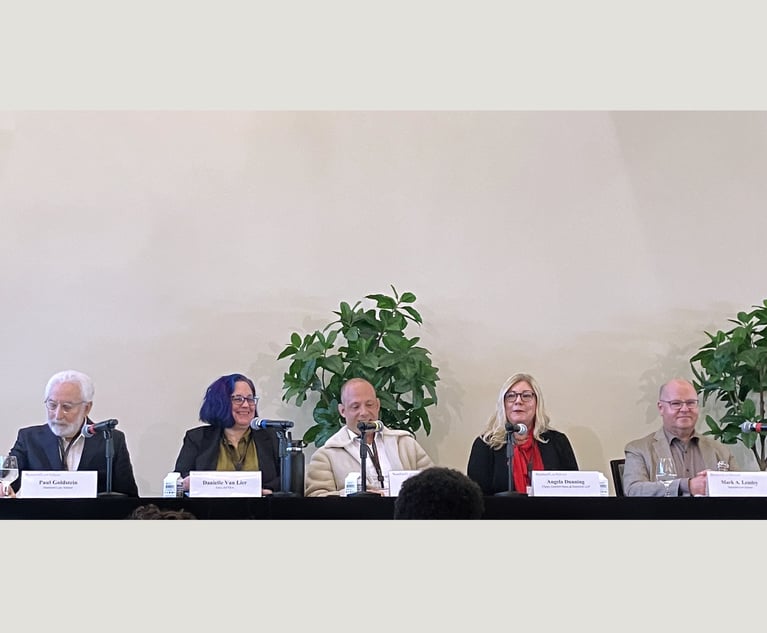The history of technology-assisted review (TAR 1.0)—that is, the first generation of predictive coding or machine learning in e-discovery—is laden with tedious processes, expensive per gig payments and frustrated users.
Now, e-discovery attorneys say the memory of just how bad it was might have something to do with slower adoption of a newer version (TAR 2.0), which uses continuous active learning (CAL) instead of seed sets, even though it eliminates many problems the first version had. To top it off, marketing strategies that claim “silver bullet”-type solutions might be putting off even the interested buyers.


 Credit: stock.adobe.com
Credit: stock.adobe.com





